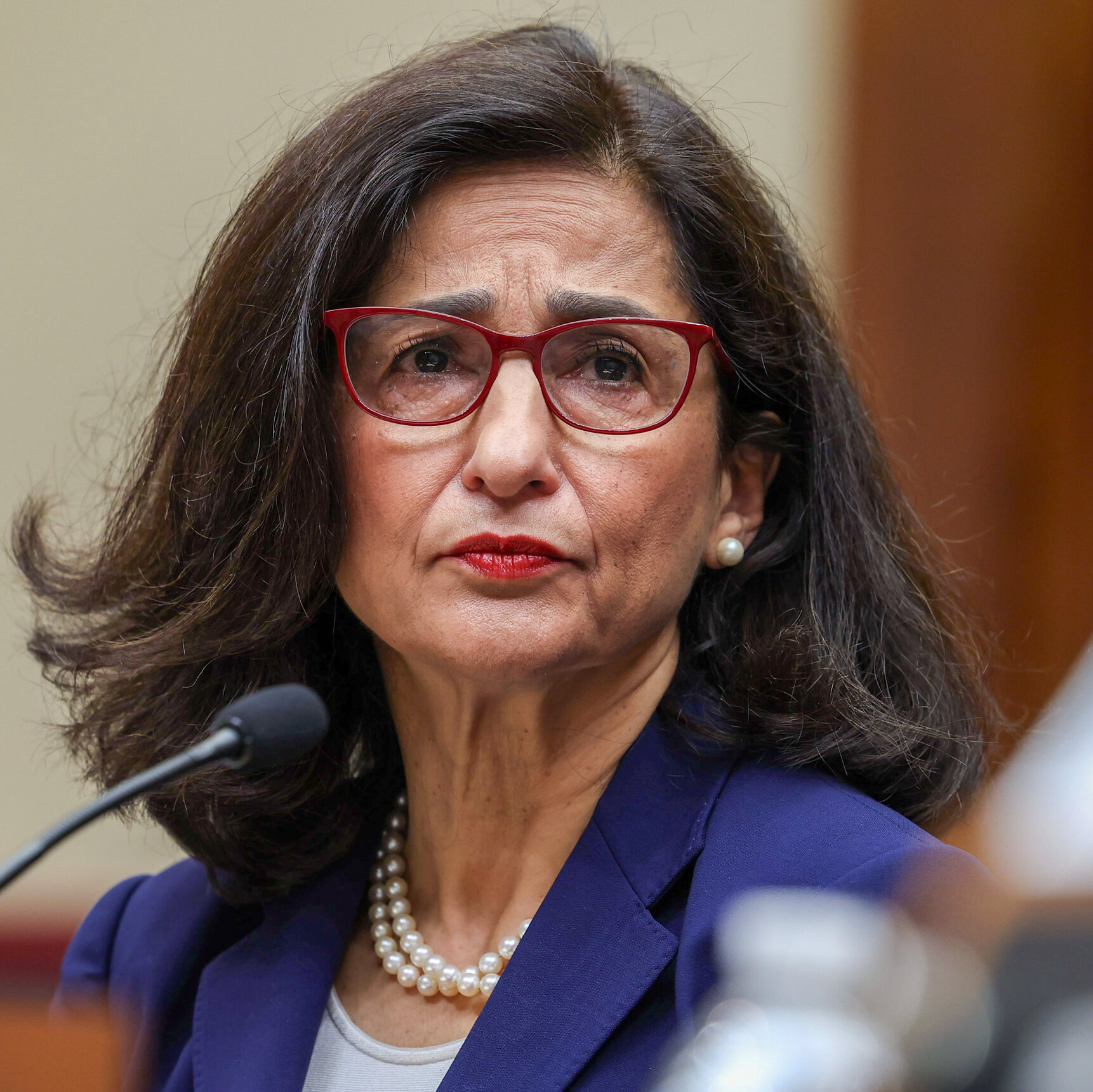Due to Israel-Hamas war, Columbia’s President resigned from his office after months of turmoil
After a brief, turbulent stint during which the president of the esteemed New York university battled protests over the Israel-Hamas war and criticism over the way the institution handled divides resulting from the conflict, Minouche Shafik of Columbia University announced his resignation.
This year, student protests rocked the upper Manhattan institution, leading to sights of police officers brandishing riot shields and zip ties assaulting a building where pro-Palestinian demonstrators had taken up residence. Nationwide, similar demonstrations erupted on college campuses. Additionally, the statement on Wednesday was made just a few days after the university announced that three deans had resigned due to alleged text exchanges between them during a campus discussion regarding antisemitism and Jewish life.

In a letter dated July 8, Shafik expressed his displeasure with the communications, stating that they were unethical and “disturbingly touched on ancient antisemitic tropes.” Shafik was one of the academic deans summoned earlier this year by Congress to testify. Republicans harshly criticized her, saying she wasn’t doing enough to address worries about antisemitism on Columbia’s campus.
In her letter announcing her resignation, Shafik heralded “progress in a number of important areas” but lamented that her tenure had also been a “period of turmoil where it has been difficult to overcome divergent views across our community”.
“My family and other members of the community have experienced a great deal of hardship during this time,” Shafik stated. “After giving it some thought over the summer, I’ve concluded that moving on now will best prepare Columbia for the challenges that lie ahead.”
“I am very pleased and appreciative that this will afford me the opportunity to return to work on fighting global poverty and promoting sustainable development, areas of lifelong interest to me,” she wrote. “It also enables me to return to the House of Lords to reengage with the important legislative agenda put forth by the new UK government.” The Board of Trustees announced that Katrina Armstrong, the CEO of Columbia University Irving Medical Center, agreed to serve as interim president. The board said Armstrong, who is also the executive vice president for the university’s Health and Biomedical Sciences, “is the right leader for this moment”.
Shafik announced that she will be heading an assessment by the foreign secretary’s office of the government’s strategy for international development and how to enhance capacity when she returns to the UK. Armstrong described her role as the university’s leader at this “pivotal moment for Columbia” as one of “deep honor.”


Comments are closed, but trackbacks and pingbacks are open.